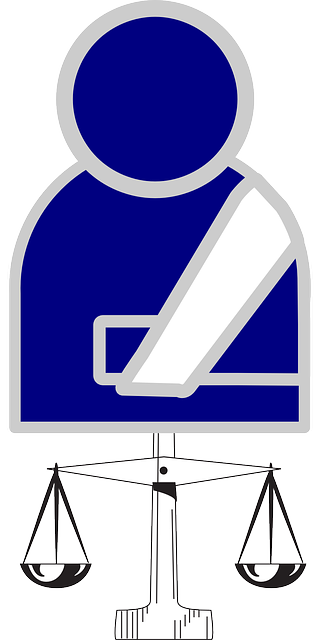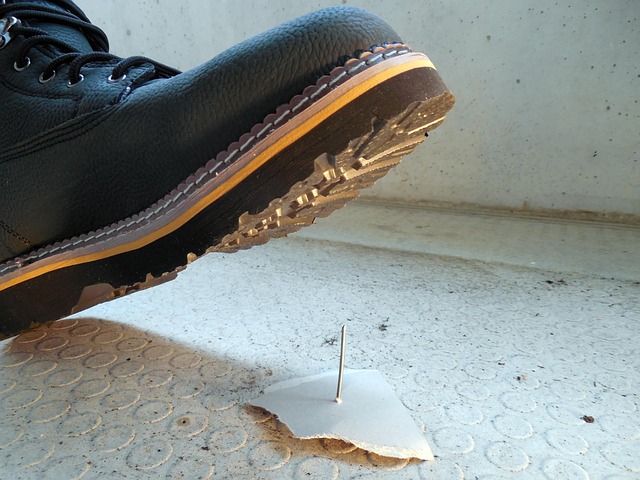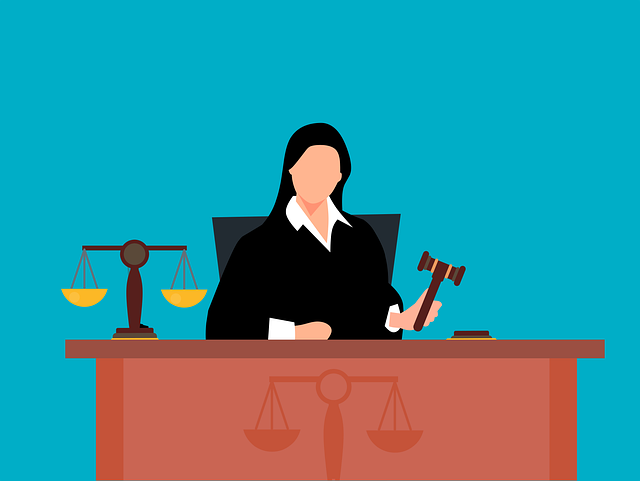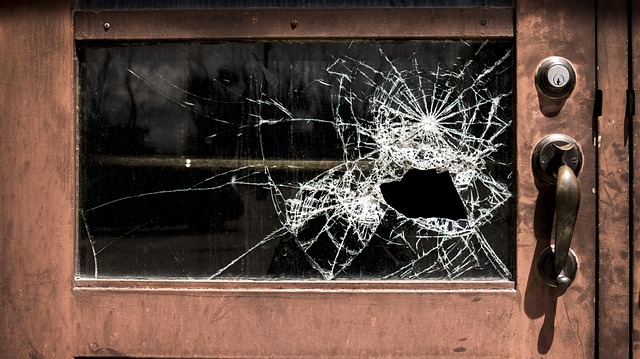Dog Bite Premises Liability involves property owners' legal responsibility for dog-inflicted harm on their premises, with jurisdiction-specific laws dictating strict liability standards. Courts balance recognizing canine dangers and holding owners accountable by considering factors like owner knowledge of aggression and taken precautions. Property owners must safeguard visitors through proper training, supervision, grooming, vaccinations, fencing, warning signs, and contractual agreements to mitigate liability. A strong case requires demonstrating negligence and a direct connection between the owner's actions (or lack thereof) and the victim's injuries, supported by evidence, medical records, and expert testimony.
Dog bite incidents on property owned by others can trigger significant legal repercussions for property holders. This article delves into dog bite premises liability, exploring the legal framework surrounding these cases. We dissect the responsibilities of property owners in preventing dog bites and provide insights into building a compelling case that proves negligence and liability. Understanding these aspects is crucial for both victims seeking justice and property owners aiming to avoid potential legal pitfalls.
- Understanding Dog Bite Premises Liability: The Legal Framework
- Responsibilities of Property Owners in Preventing Dog Bites
- Building a Case: Proving Negligence and Liability
Understanding Dog Bite Premises Liability: The Legal Framework

Dog Bite premises liability refers to the legal responsibility of property owners when their dogs cause harm to others on their premises. This area of law is designed to protect victims and ensure that dog owners are held accountable for their pets’ actions. The framework governing dog bite liability varies by jurisdiction, but many states have statutes specifically addressing this issue. These laws typically establish a strict liability standard, meaning the property owner is liable for dog bites without the need to prove negligence or intent.
In cases involving dog bite premises liability, courts often consider factors such as the owner’s knowledge of their dog’s aggressive tendencies and whether they took reasonable precautions to prevent such incidents. This legal framework aims to strike a balance between recognizing the potential dangers posed by dogs and holding owners responsible for managing their pets’ behavior. Interestingly, compared to cases involving partnership disputes or even auto accident lawyer/truck accident lawyer scenarios, dog bite premises liability cases often have unique nuances centered around animal behavior and property ownership responsibilities.
Responsibilities of Property Owners in Preventing Dog Bites

Property owners have a legal responsibility to ensure their premises are safe for visitors, including protection against potential dog bite hazards. This involves several key measures. First, they must properly train and supervise any dogs on the property to prevent them from exhibiting aggressive behavior towards guests or passersby. Regular grooming, vaccination, and adherence to basic canine etiquette can significantly reduce the risk of bites. Additionally, property owners should ensure clear visibility of any dog on their premises by maintaining proper fencing and warning signs, especially in areas frequented by visitors.
Moreover, contractual agreements with tenants or neighbors regarding pet ownership can play a crucial role in mitigating liability for dog bite incidents. These contracts should outline expectations, including the handling of potential risks associated with pets, and establish clear protocols for addressing disputes related to animal behavior—whether it’s a matter of insurance coverage for medical expenses stemming from a dog bite or resolving contract breaches in cases of negligence, such as failing to control a pet known to be aggressive.
Building a Case: Proving Negligence and Liability

Building a strong case for dog bite premises liability involves demonstrating negligence and establishing the property owner’s liability. The first step is to prove that the property owner had knowledge, either actual or constructive, of the risk posed by their dog. This can be done through evidence such as previous incidents, warnings from neighbors, or even visible signs indicating the dog’s aggressive behavior. An accident attorney specializing in dog bite cases will gather and present these facts to show that the owner failed to take reasonable precautions to protect others from potential harm.
Additionally, it’s crucial to establish a direct connection between the owner’s negligence and the victim’s injuries. This often involves medical records and expert testimony to illustrate the extent of the damages caused by the bite. While partnership disagreements or other legal issues may not directly impact this case, having an experienced auto accident lawyer on your side can help navigate any complexities and ensure all relevant factors are considered in pursuing compensation for the victim’s suffering and associated expenses.
Dog bite premises liability is a complex legal area where property owners have a responsibility to ensure their dogs do not cause harm to others. By understanding the legal framework, recognizing their duties, and knowing how to build a strong case, homeowners can protect themselves from potential liabilities. Proactive measures, such as proper training, supervision, and securing the property, are key to preventing dog bites and mitigating risks. When accidents occur, thoroughly documenting incidents and seeking legal advice is essential to navigate the complexities of dog bite premises liability effectively.






